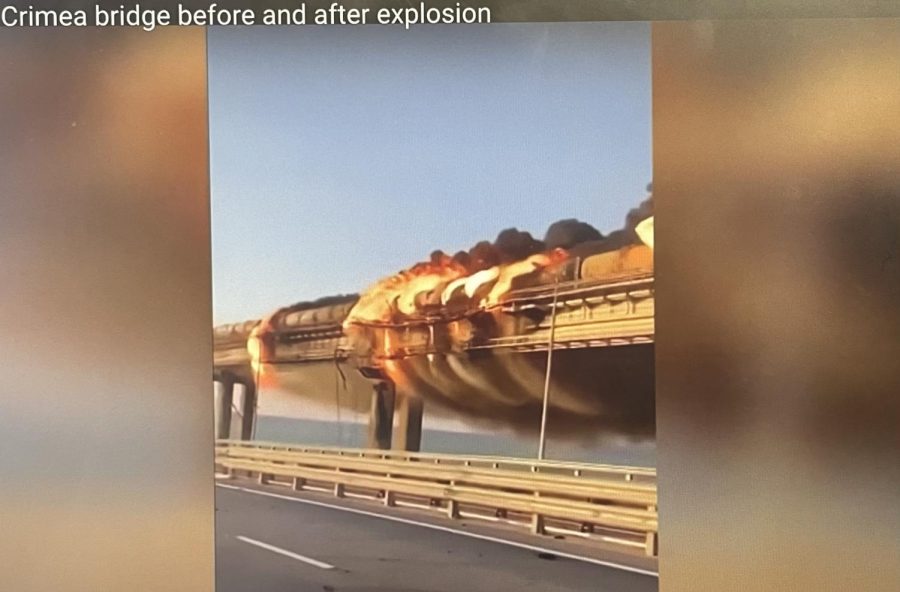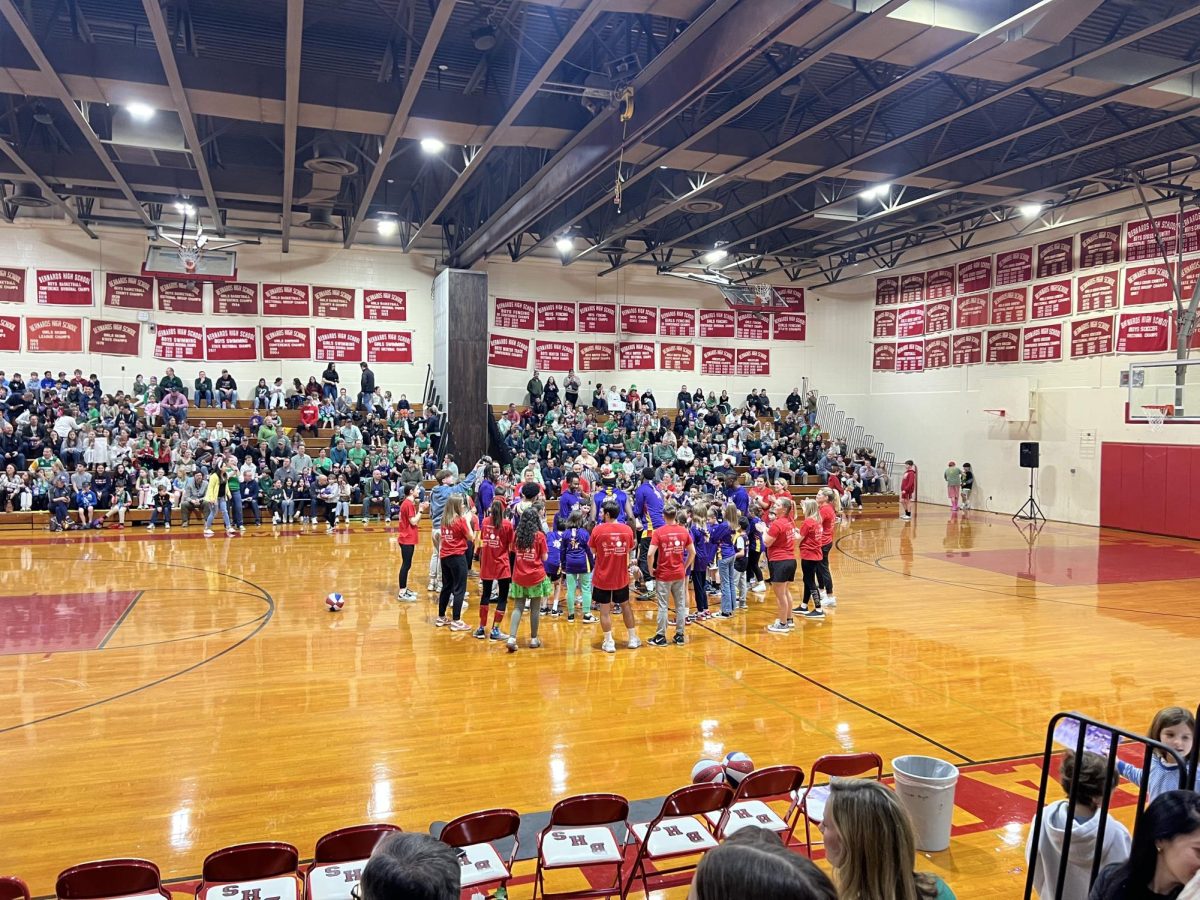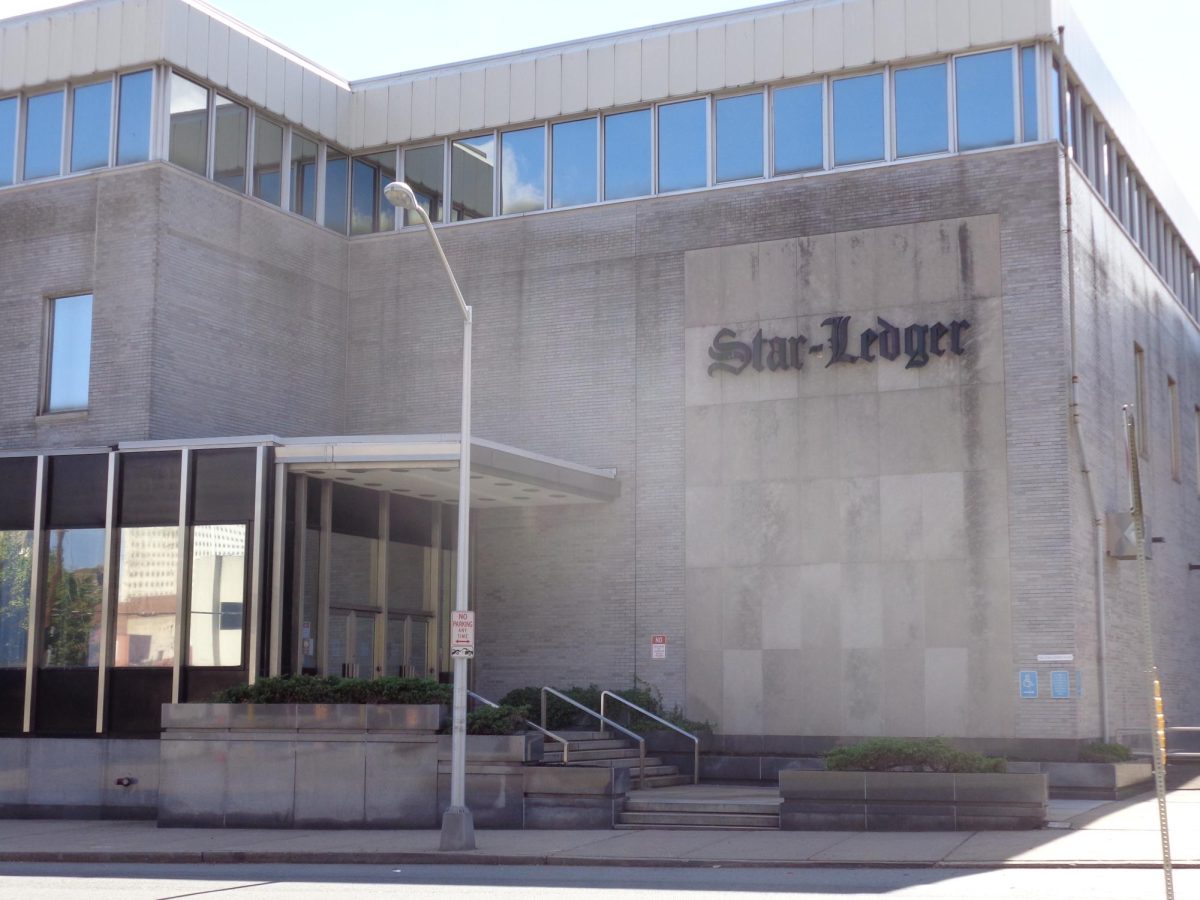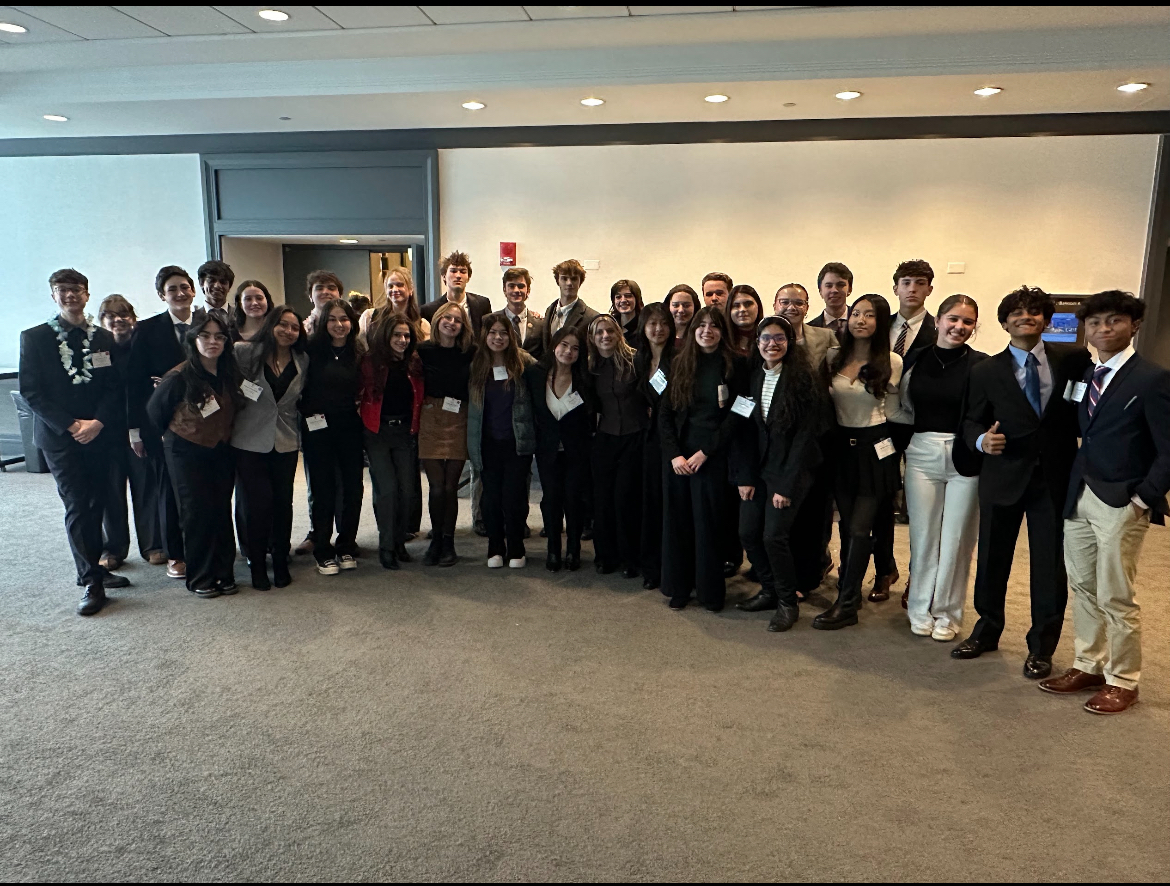On Saturday, October 8, 2022, a massive fireball struck the Kerch Strait Bridge in Kyiv, Ukraine. This bridge acted as the only link between Russia and the Russian-occupied Crimea peninsula in southern Ukraine. The explosion obstructed the primary supply route for the already beleaguered Russian troops fighting in Crimea.
Paul Adams of BBC News stated, “Without [it], Moscow will find it even harder to send troops and equipment to repel Ukraine’s offensive north of Kherson.”
Two sections of the 12-mile bridge were consumed in the fire and were sent tumbling into the water below. According to Russian authorities, at least three people were killed in the blast.
In the initial hours of the explosion, Russia’s Federal Security Service quickly thrust the blame on Ukraine, insisting that the chief of Ukraine’s military intelligence, Kyrylo Budanov, had mobilized a deliberate attack. Russian President Vladmir Putin deemed the incident an “act of terrorism.” The security service had proposed that the perpetrators had disguised explosives as materials for construction, shipping them commercially before loading them onto a truck and igniting the explosives on the bridge.
Some experts had rejected Russia’s claims of a truck bombing. Close examination of the bridge’s security camera footage seemed to indicate that the truck had nothing to do with the explosion. “The speed with which the truck bomb theory started to spread in Russian circles was suspicious,” said Adams of BBC News, “It suggested the Kremlin preferred an act of terrorism to a more alarming possibility: that this was an audacious act of sabotage carried out by Ukraine.”
So who—and what—caused the incident? Budanov has yet to address the accusations of his involvement, and officials in Kyiv have not claimed responsibility. However, a senior Ukrainian official admitted in anonymity to The New York Times that “Ukraine’s intelligence services had orchestrated the explosion,” also confirming Russia’s truck bomb theory. Although Ukraine has not outwardly taken credit for the blast, it was celebrated as a Ukrainian victory across the nation.
Many sources have acknowledged the symbolic nature of the destruction, a personal affront for both Putin and the Russian forces. While Putin was highly praised for the opening of the bridge in 2018, judged one of his greatest propaganda achievements, The New York Times determined that the explosion “[underscores] his failure to get a handle on a relentless series of Ukrainian attacks.” Despite its significance to Putin and its centrality to the war effort, Russia failed to protect the literal symbol of connection between Russia and Crimea. “With troops suffering weeks of setbacks on the battlefield,” identified Reuters, “Russian authorities have been facing the first sustained public criticism at home of the war.”
Nevertheless, Russian officials were eager for retaliation. “To leave such acts without a response is simply impossible,” said Putin, launching the largest missile and airstrikes since February 24, the first day of the Ukraine War. President of Ukraine, Volodymyr Zelenskyy, announced that over 150 rockets and drones were used in the invasion, impairing essential services in over half of Ukraine. Parts of the country were left without power, water, or heat.
Although Putin had justified these attacks as reprisal for the bridge blast, many officials believe that the ploy was arranged weeks prior. Ben Hodges, former commander of the U.S. Army forces in Europe, told Reuters that the “scale of the strikes suggested [that] Russia’s plan to escalate may have been drawn up before the bridge was attacked.”
For now, the fate of the war remains uncertain. While there are still great amounts of fear among Ukrainian citizens, the explosion of the Kerch Strait Bridge served as not only a Ukrainian triumph, but a warning to Russia. As determined by Ben Barry at the International Institute for Strategic Studies, “the blast “[was] not necessarily a decisive victory, but the balance of war often turns on an accumulation of lesser victories.”













